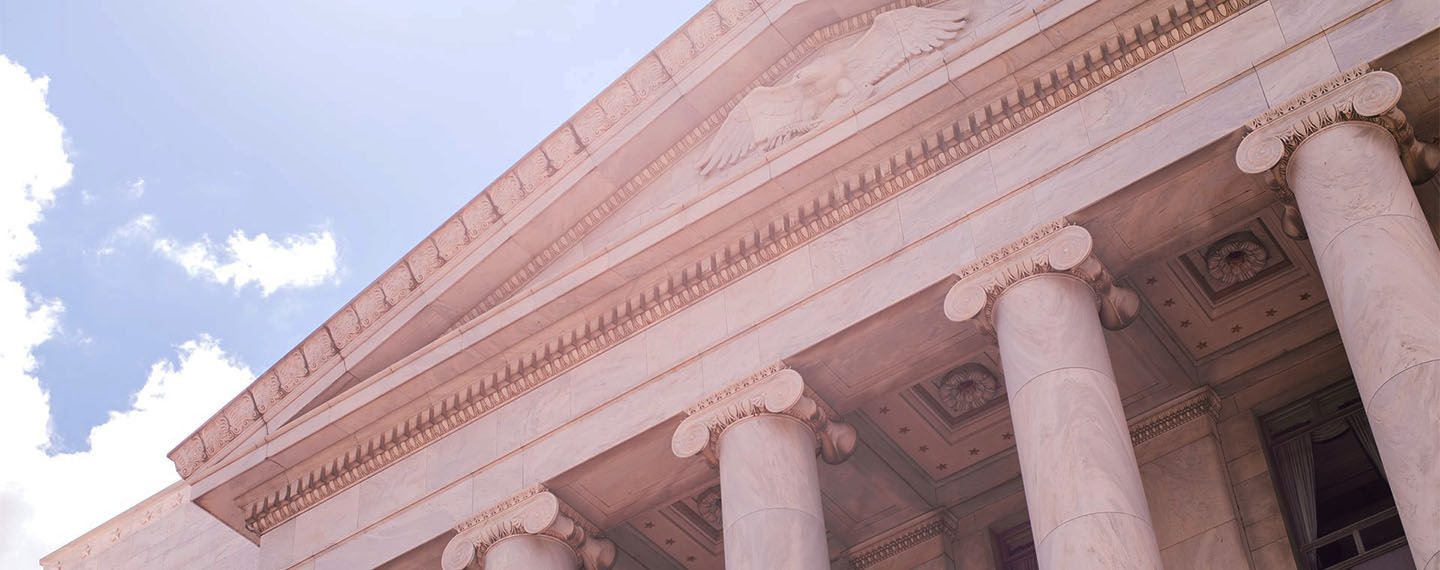By invading Ukraine Putin has reactivated not only NATO but the idea of the West as a whole. It is a West that is geographically broader, albeit with less relative influence, possessing its own values and with contested aspirations to universality. But it is more alone, given a Global South that follows it less, in the context not only of Russia but also what truly characterises the world today: the rise of China. The West has enlarged itself, as was evident from its involvement not in NATO but rather in the Madrid summit, with the participation of countries such as Australia, New Zealand, Japan and South Korea; this is a process that had begun some time ago but is now gathering pace, and results in a sort of ‘West plus’.
The West, in a world that continues to de-westernise itself, is an enormous military power compared with the rest, including China. And it seeks to preserve this superiority. But it is losing the narrative in the Global South, where there is a growing demand to revise the West’s colonial and imperial past and which disapproves of certain processes that have lately emerged. A recent and still pertinent example is what Joseph E. Stiglitz calls COVID-19’s ‘global vaccine apartheid’, whereby wealthy societies obtained the doses they needed, while people in low-income countries were ‘down on their luck’. Another involves the Western sanctions against Russia, because some countries in the Global South fear that, in certain circumstances, they could be imposed on them too. This concerns two in particular: the freezing of the Russian central bank’s reserves in the West –many countries hold such reserves– and exclusion from the (private) SWIFT system for overseeing international payments (Iran has been subjected to such sanctions for years).
A majority of countries (while not accounting for a majority in population terms) condemned the Russian aggression at the UN, but the Global South also holds the West responsible for the economic and food-supply fallout of the war in Ukraine. At the recent G20 Foreign Ministers’ meeting in Bali, attended by the Russian representative in the teeth of Western resistance, the Indonesian President, acting as host, called for an end to the war in Ukraine on the grounds that ‘as always, poor and developing countries are the most affected’. Set against a backdrop of what are now two cold wars (with China and with Russia, each with its own), a new non-aligned movement is emerging, with more influence in the world now than it had in the 1950s and 60s.
NATO, the epitome of the West (despite including Turkey, whose westernisation under Recep Tayyip Erdoğan is highly debatable), has made itself stronger; it is rearming, changing its military strategy, incorporating Finland and Sweden, starting to focus on China and the South, and has partners outside the region. The G7 has once again become the West’s elite, and seeks to become so for the world, to the extent of playing the role of an inverse OPEC by enabling consumer countries to impose a price-cap on Russian oil and gas, although it is by no means certain it will succeed. Indeed, the G7 has achieved little. There is also the OECD, the Organisation for Economic Cooperation and Development, which has more Latin American members (most recently, Costa Rica). And within the West there is an English-speaking sub-group, the ‘Five Eyes’ in intelligence affairs (Australia, Canada, New Zealand, the UK and the US) and AUKUS (Australia, the UK and the US). The British outlook can sometimes come across as somewhat outmoded, such as when the UK’s Foreign Secretary, Liz Truss, talks about the ‘free world’ to refer to the West.
Meanwhile, rival structures are also being strengthened. The BRICs (including India, which ploughs its own furrow and takes part in the QUAD grouping with the US, Australia and Japan), held a significant virtual summit, immediately prior to the NATO meeting, with Putin.
As far as value systems are concerned, the West some time ago abandoned the hope that its values, and its models, would be universally adopted. There is indeed a confrontation between Western liberal democracies and non-Western autocracies (these also exist in the West, Orban’s Hungary being a case in point), although in the Global South there are also non-Western democracies that distance themselves from this confrontation. Supporting Ukraine in the war is, for the West, part of the war for democracy. That said, Western democracies, starting with the largest of them, the US, are suffering serious institutional problems stemming from their growing internal polarisation, which may have global ramifications. Partner countries in the Global South fear these entrenched internal problems in the West may undermine its ability to foster global goods. Witness some of the global consequences of the retrograde decisions being taken by the US Supreme Court. There are also non-Western but West-leaning countries, such as Morocco, militarily more powerful and closer to the US and Israel, or Saudi Arabia, which pose particular problems.
Lastly it remains to be seen whether the unity of the West persists if the hot war in Ukraine drags on, with its economic fallout, and whether the aforementioned cold wars become more acute. The unity NATO displayed in Madrid on Russia may unravel, while NATO’s new Strategic Concept hints at various views of China. The fact that China has come to form part of NATO’s official concerns is, however, significant and is set to have consequences. That said, in the wake of the bad experience in Afghanistan, the idea of a global NATO is far from secure. The greatest threat to the unity of the alliance, and by extension to Western unity, as Charles A. Kupchan explains, will come after the Madrid summit, especially with the impact of the unfolding economic crisis and how it is addressed. The interests and instruments within the West vary. The dollar dominates.
Despite its loss of relative influence, the West has not resigned itself to defeat. This may, however, be indicative not so much of a system of values as a degree of myopia. Writing in 1923 the Spanish philosopher José Ortega y Gasset saw a West comprising Europe and America. ‘The system of values by which its activity was regulated 30 years ago’, he wrote in The Modern Theme, ‘has lost its convincing character, its attractive force and its imperative vigour. The man of the West is undergoing a process of radical disorientation, because he no longer knows which stars to live by’.
One century later, in a very different world, the situation has echoes of the earlier one, following both negative (such as wars and internal crises) and positive experiences (such as global integration and the creation of the EU). Xi Jinping’s China knows where it is heading, as does Putin’s Russia. Amid new rivalry in the world, the West is trying to reinvent itself. It knows what it does not want to be. But it is uncertain about which star to live by. Do not bother searching for it. It is not to be found in the new NATO Strategic Concept. It is, however, in the minds of Putin and Xi Jinping.
Image: An official building in Washington D.C (USA). Photo: Katie Moum (@katiemoum).



